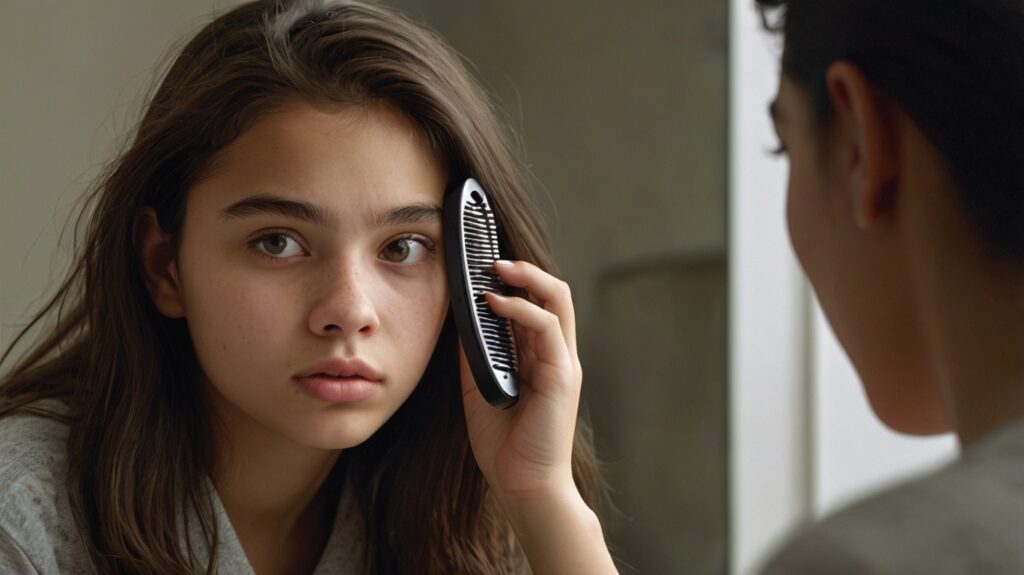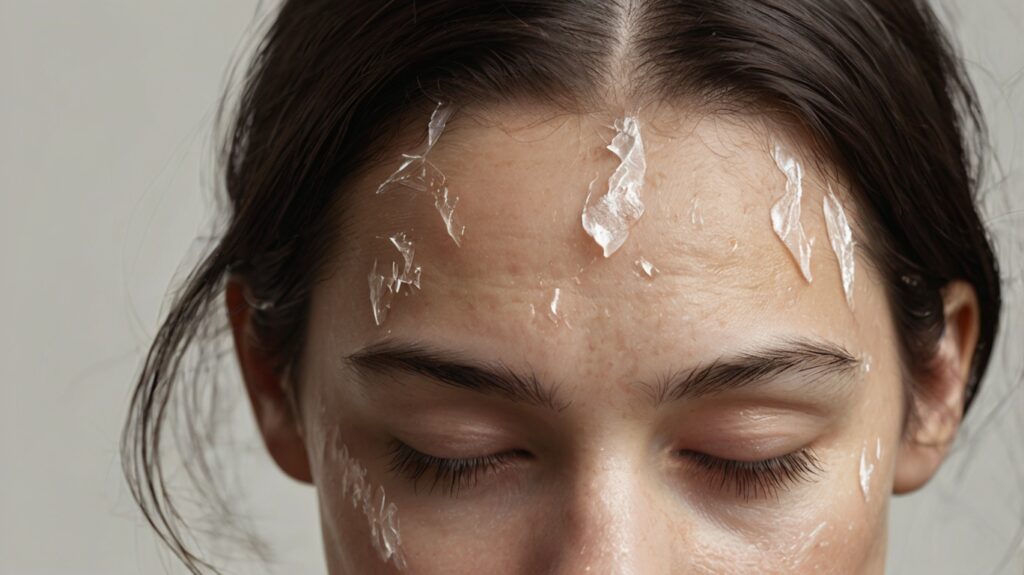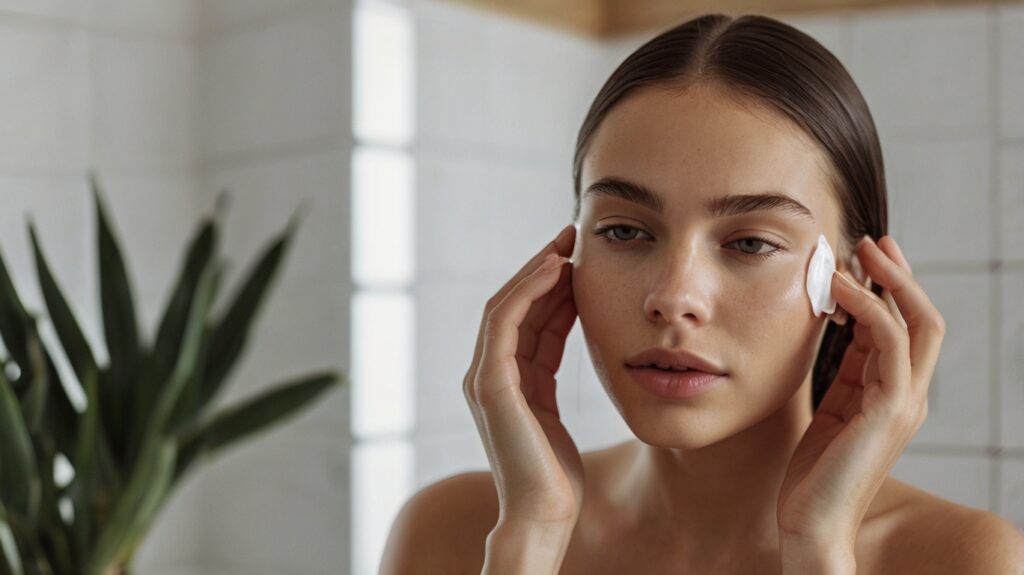
Does your scalp have a message for you?
You’re not alone if you’ve been brushing your hair and finding more strands lodged in your comb. Hair loss that appears out of nowhere is a silent battle that many teenagers and young adults confront. What if, however, the cause is something as ubiquitous (and underappreciated) as dandruff? Let’s examine the startling link between dandruff and hair loss and discuss ways to prevent it.
What Is Dandruff, Exactly?

Dandruff is characterized by the scalp flaking, itching, and becoming irritated. It may be caused by an oily scalp, dry skin, or a fungus called Malassezia that resembles yeast. Persistent dandruff may appear innocuous, but it can have more detrimental impacts on the health of your hair than you may realize.
The Unspoken Connection Between Hair Loss and Dandruff :

So, can hair loss result from dandruff? Yes, in a big but indirect way. Here’s how: An unhealthy environment is created on the scalp when dandruff accumulates. Constant itching causes scratching, which erodes the roots of the hair. This irritation and inflammation can harm hair follicles over time, leading to thinning and increased hair loss.
Startling Indications You Must Not Ignore :

- Flakes on your scalp or shoulders that are white or yellowish
- An inflamed, itchy scalp that hurts to the touch
- Increased hair loss, particularly when brushing or taking a shower
- Your scalp may have red spots or little pimples.
- Evident weakening or thinning of the hair strands
Hair damage doesn’t wait, so if any of these signs sound similar, it’s time to act.
The Long-Term Damage Dandruff Causes to Hair :
Dandruff-induced hair loss is more than just shedding. Chronic inflammation of the scalp over time can result in:

⦁ Weaker roots for hair
⦁ Strands that are brittle and prone to breaking
⦁ Reduced rate of hair growth
⦁ Diminished luster and volume of hair
It may be more difficult to repair long-term hair damage if the early warning symptoms are ignored. Therefore, it is essential to treat the strands as well as the scalp.
Easy Ways to Reduce Hair Loss and Combat Dandruff:
Do you want to prevent hair loss before it gets out of hand? Here are some tried-and-true pointers:

⦁ To lessen flakes and calm your scalp, use a medicated anti-dandruff shampoo twice a week.
⦁ When washing your hair, stay away from hot water as it depletes natural oils and exacerbates dryness.
⦁ Maintain a clean and oil-free scalp, particularly if you use styling products or perspire a lot.
⦁ To increase blood flow and nourish the roots, give your scalp a little massage.
⦁ For more robust hair development, eat a well-balanced diet high in zinc, protein, and vitamins.
The secret is consistency. These minor daily routines can have a significant impact on dandruff management and halting more hair loss.
When to Consult a Professional:

It could be time to consult a dermatologist if you’ve tried everything and nothing has changed. While certain scalp disorders resemble dandruff, they need to be treated differently. Your chances of taking back control of the health of your hair increase with the speed at which you receive an accurate diagnosis.
Conclusion: Avoid Waiting for Hair Loss to Get Worse:

Although dandruff might seem like a trivial problem, it can have a significant effect on your hair. You can manage hair loss, avoid damage to your hair, and maintain the greatest possible appearance of your hair by being aware of the connection between dandruff and hair loss and taking prompt action.
Therefore, don’t ignore those bothersome flakes the next time you see them. You deserve better for your hair.
_______________________________________________________________________________
